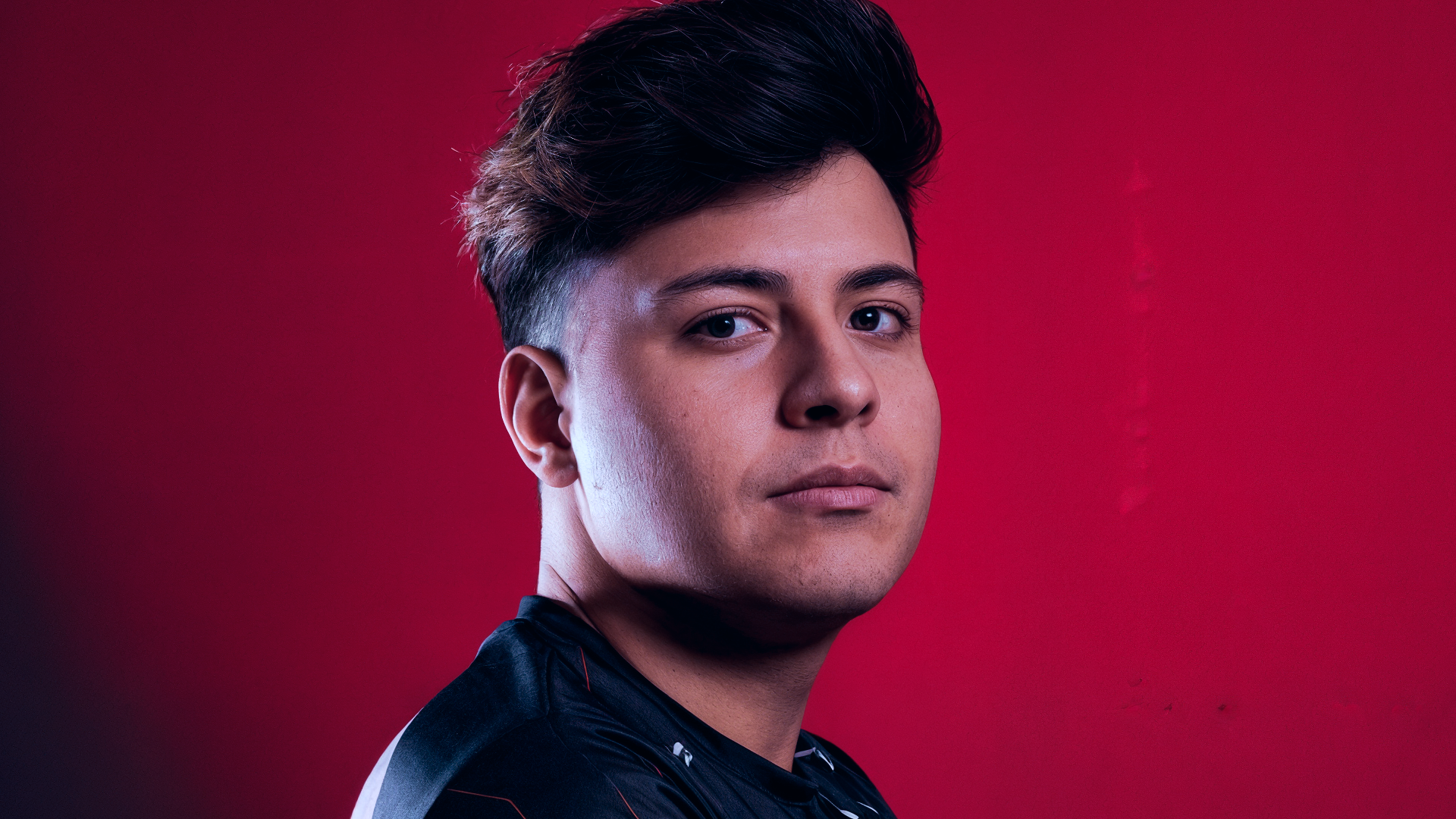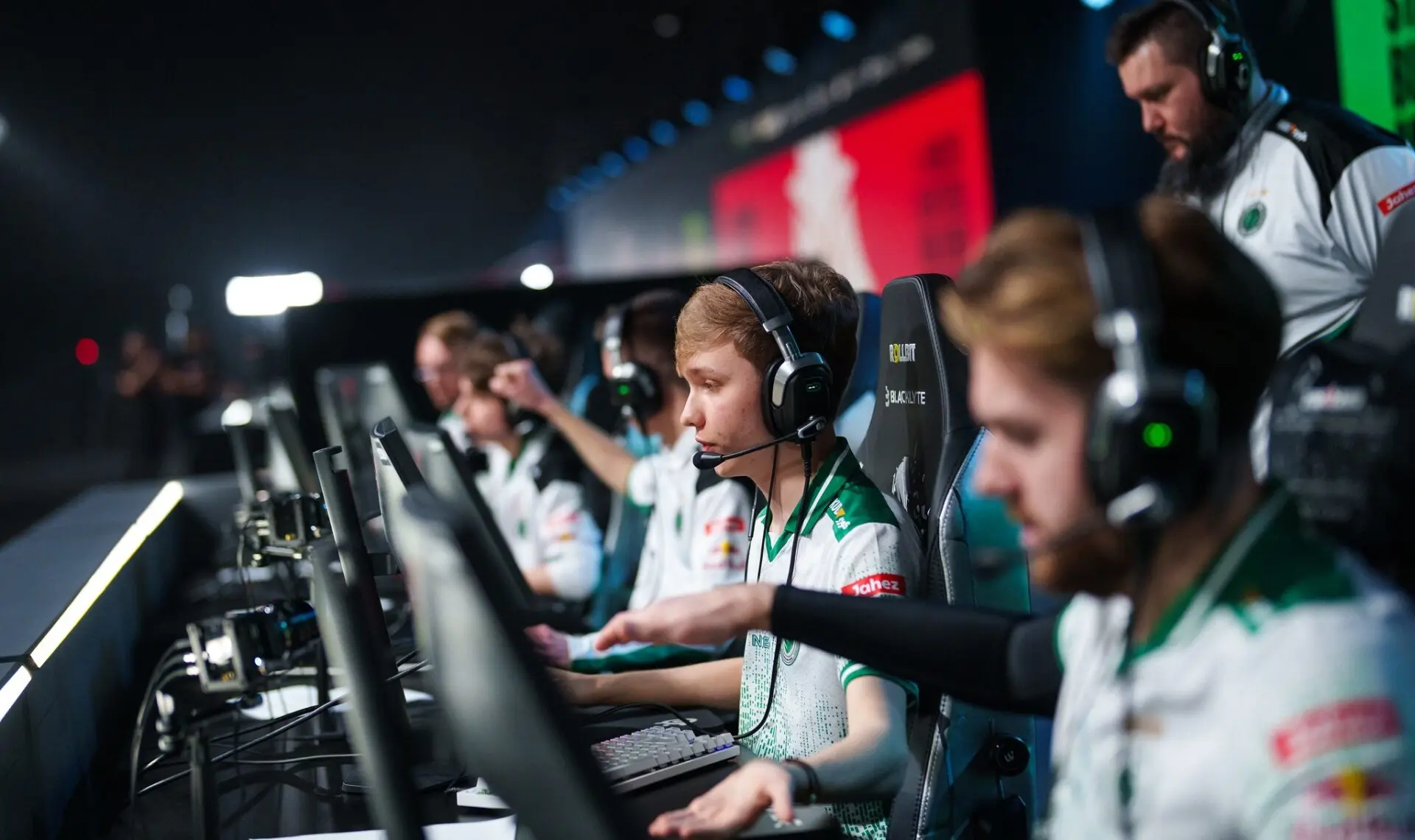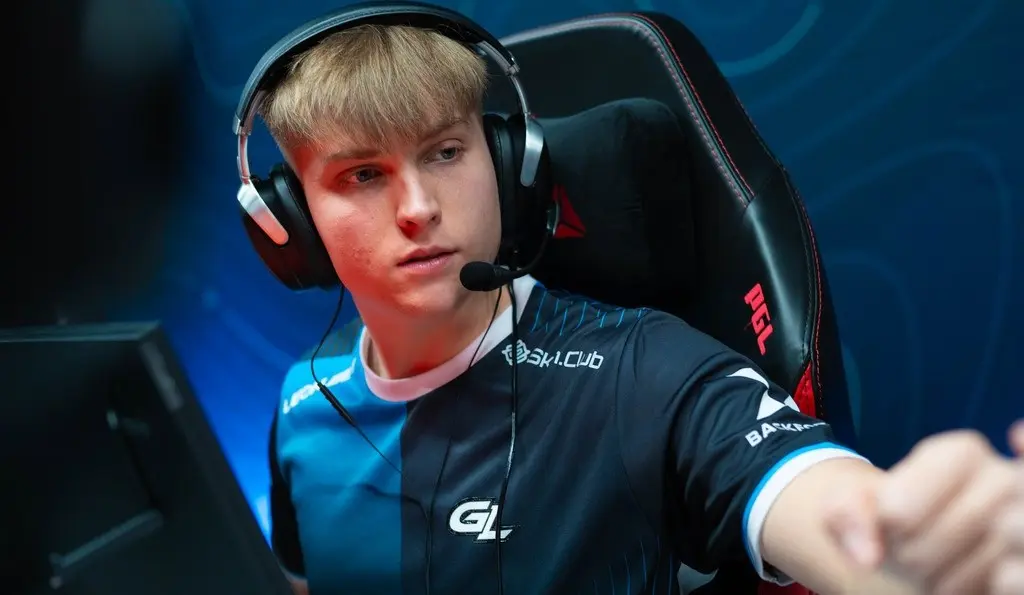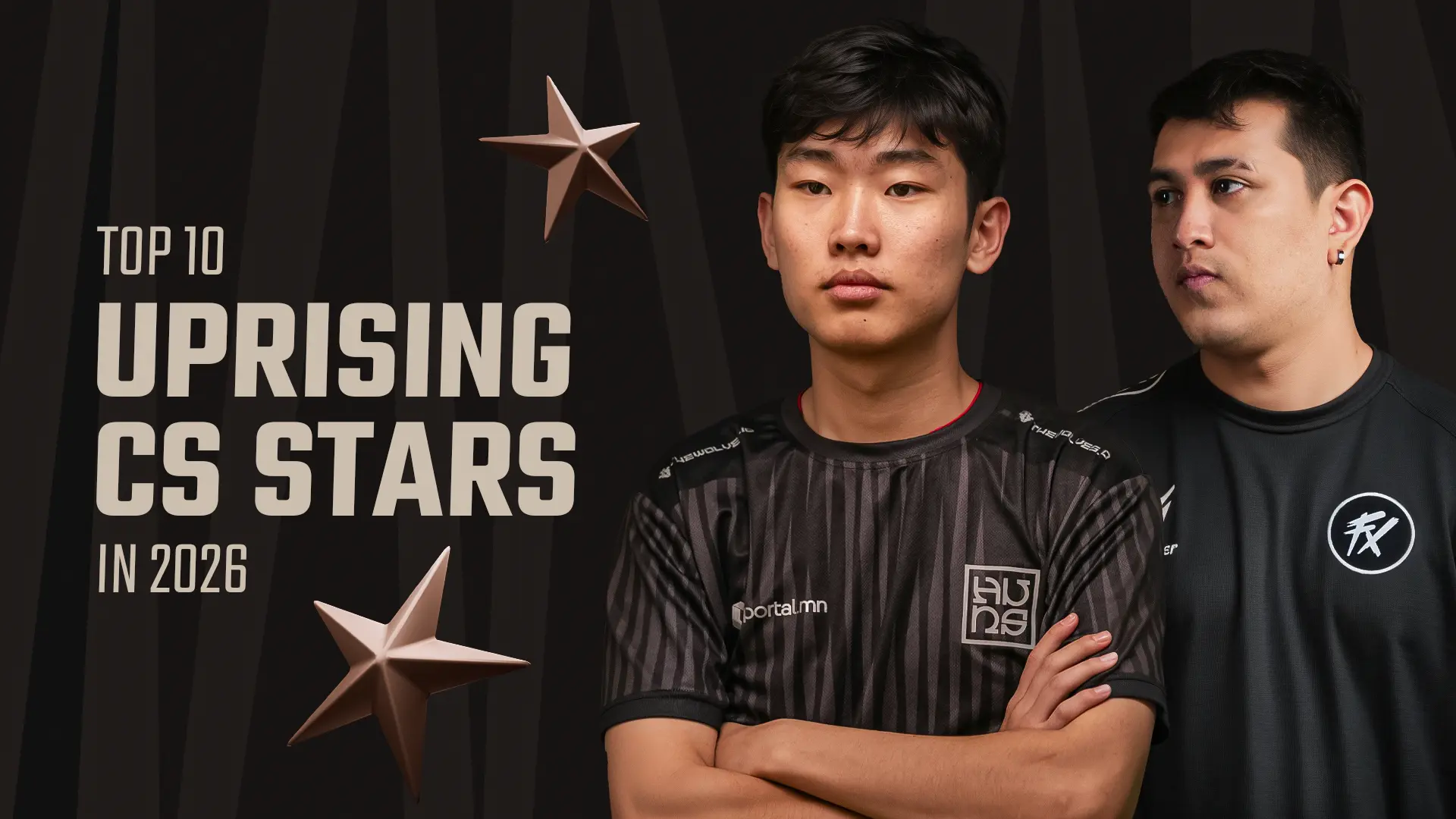Former professional player and analyst Jacob “Pimp” Winneche believes that the current timeout format in Counter-Strike 2 is “outdated,” and that technical pauses don’t give teams enough of an advantage. He shared his ideas in a post on X, calling on the community to discuss possible changes.
Current timeout system
At present, each team in CS2 is allowed three tactical timeouts per match. This system has been in place since the CS:GO era, but after the switch from the MR15 (30 rounds) format to MR12 (24 rounds), the number of pauses was reduced from four to three. During a timeout, both teams are allowed to communicate and discuss strategy, even if only one team called for the pause.
Pimp’s proposal
Winneche put forward two possible changes:
- Only the team that calls the timeout is allowed to talk during it. In his view, this would make timeouts more impactful and add strategic depth, as only one side would be able to adapt during the pause.
- Reduce the number of timeouts to two per team in regulation. This would mean a total of four pauses per match, taking into account that pistol rounds and the first buy rounds are usually planned ahead.
read more
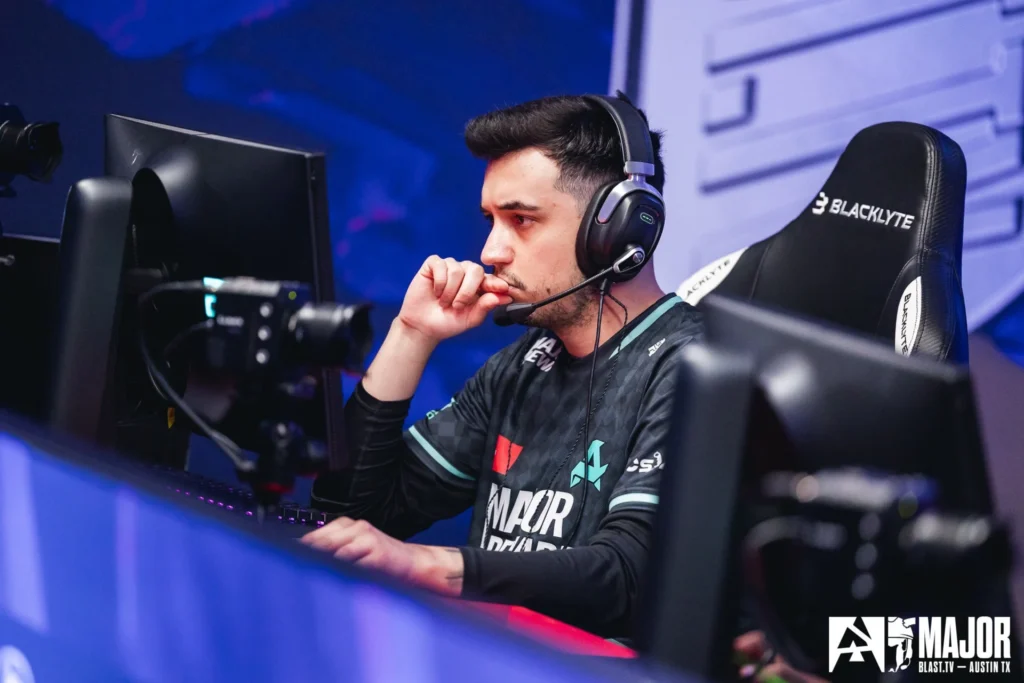
Pimp said he prefers the first option, as it could add extra intrigue and potentially change the flow of a match depending on the timing of the timeout.
Community reaction
Notable figures from the scene had mixed opinions:
Graham Pitt:
“We already went from 4 to 3 timeouts with the MR15 to MR12 change. Don’t see any reason to reduce that. Can definitely get on board with only the team calling the timeout being able to talk.”
kuben:
“I like both ideas, with a preference for the first one. Do you think communication for the second team should be completely blocked, or could the players communicate without the coach’s assistance?”
luzjepo:
“In the case of your first suggestion, should it be possible for team two to call a timeout in the same round right after team one’s ends, to sort of ‘counter’ it? I like the idea, but it’s something you can’t enforce outside of pro play, which in my opinion is bad.”
How such changes could impact teams
If only one team could talk during a timeout, it could significantly alter how timeouts are used in tournaments. Timing would become more tactical, and each pause would gain more value.
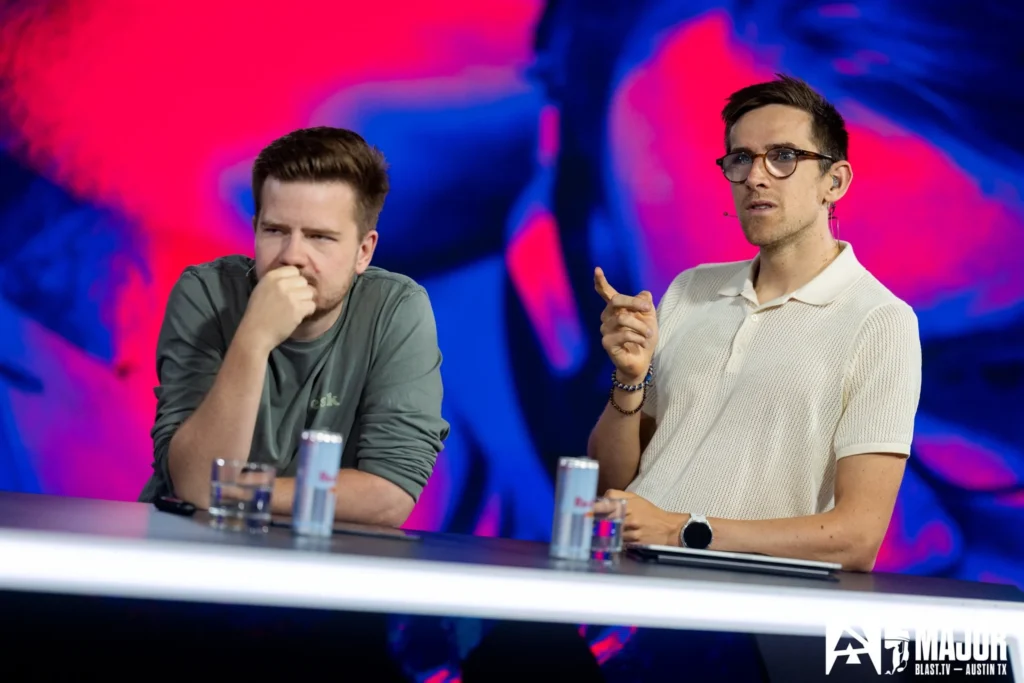
Coaches would have a stronger tool to shift the momentum of the game, while opponents would have less opportunity to adapt. If the number of timeouts was reduced, teams would need to plan more carefully and save pauses for decisive moments, potentially leading to riskier and more aggressive play in the final rounds.





































